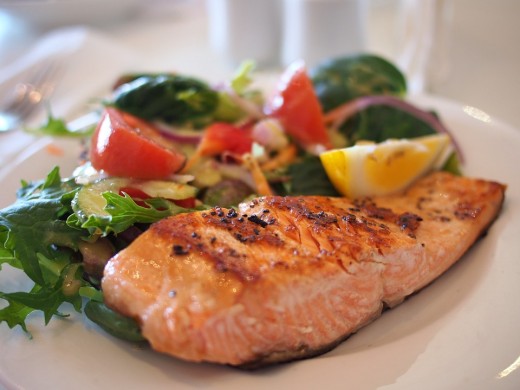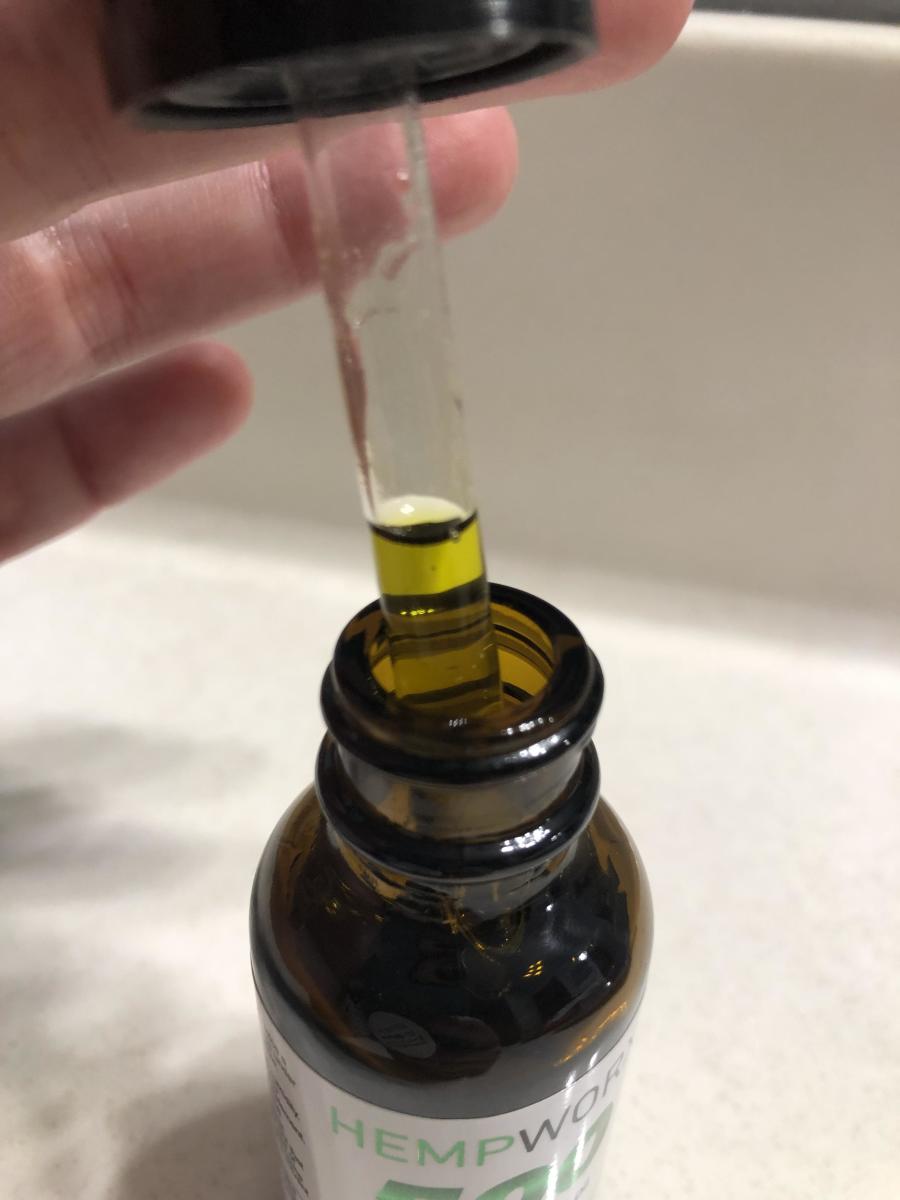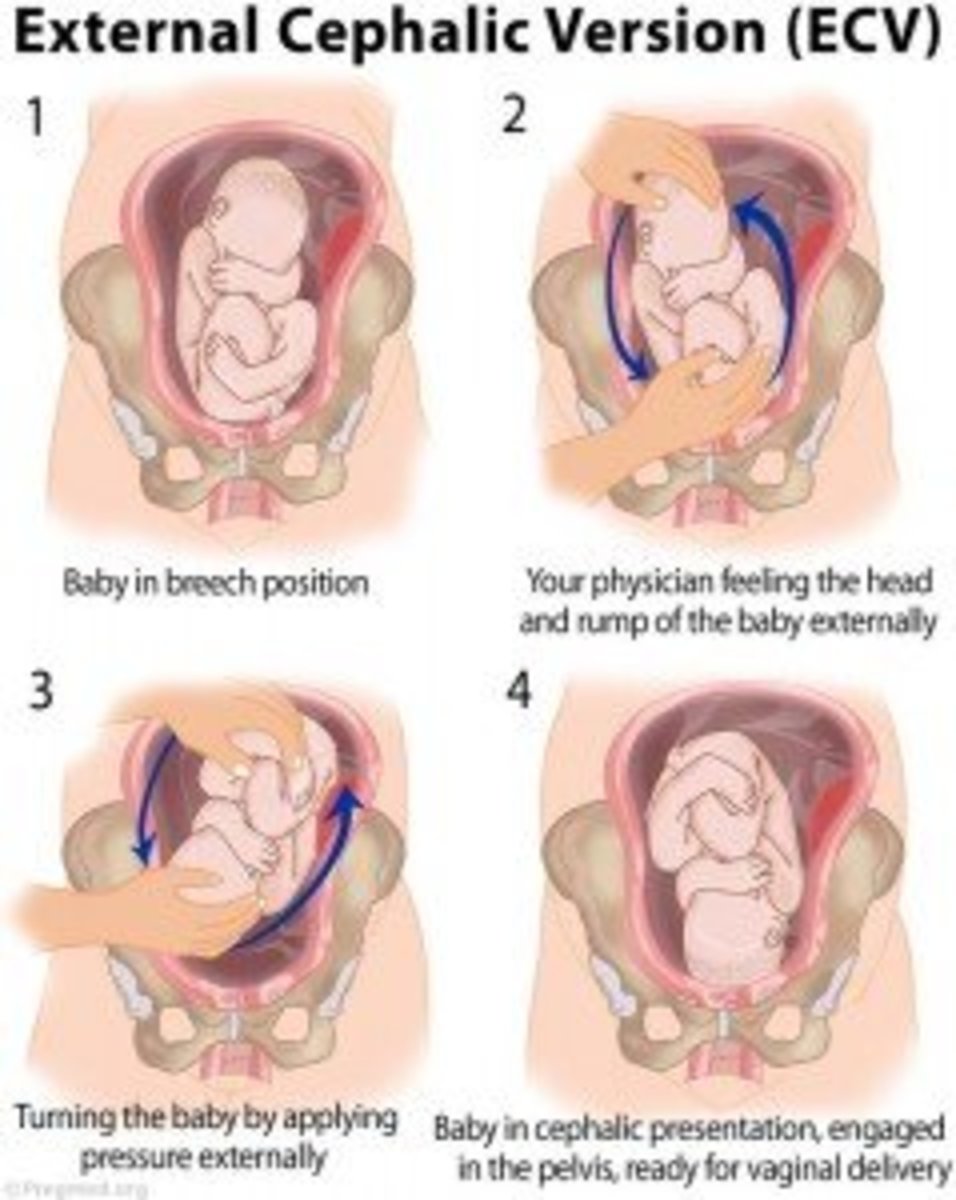- HubPages»
- Health»
- Women's Health»
- Pregnancy
Pregnancy Nutrition: Omega 3 Fatty Acids
What are Omega 3 Fatty Acids?
Omega 3 fatty acids are a polyunsaturated fat, which basically means it is a “healthy” fat. As humans, our bodies do not produce these types of fats and so our only source of obtaining them is through diet.
A typical diet is very low in Omega 3 fatty acids because the main sources for them is through fish or flaxseed oil, also grass fed meat and free-ranging poultry, all things that we (especially us Americans) do not typically consume enough of.
Big health benefits of Omega 3 fatty acids are that they have been proven to lower cholesterol and help fight heart disease.
Less well known is that omega 3 fatty acids can also benefit people who are at risk for other health problems such as diabetes, rheumatoid arthritis, osteoporosis, and even mental disorders such as depression, bipolar disorder and schizophrenia and these are just to name a few.

What do Omega 3 Fatty Acids do for pregnancy?
For many women, pregnancy is a time when you really want to focus on eating the most nutritious foods possible for you and your baby.
Not only can omega 3 fatty acids help a pregnant reduce her risk for developing things like pre-eclampsia, preterm labor and even postpartum depression, but they can also help improve the baby’s vision and brain development. That being said, it can be difficult to include omega 3 fatty acids in your diet as not all fish is safe to be consumed during pregnancy due to mercury or other chemical toxins that it may contain.

Here are some healthy tips for consuming Omega 3 Fatty Acids during pregnanc
Limit fish to 3 servings per week.
Avoid eating these types of fish: Mackerel, shark, swordfish, tuna (except for canned light tuna) bass, pike, crab, tilefish, golden bass, and white/golden snapper.
Do not fry fish when preparing.

Some safe fish suggestions include:
Salmon (canned or wild) limited to 3-4 oz each week. Salmon salad, salmon cakes, and grilled salmon steaks are all safe ways to prepare salmon.
Canned light tuna can be consumed but limit is to about 3 oz only twice a week, this is best prepared in a tuna salad.
Catfish can be baked, broiled or grilled and 3-4 oz up to twice a week is acceptable.
Flounder and halibut, baked broiled or grilled is okay but no more than 3-4 oz per week.
Sardines can be eaten on crackers limited to 2-3 oz. each week.
Shrimp is okay if it is broiled, pan seared or grilled in quantities of 3-4 oz per week.
Finally, trout is acceptable, 3-4 oz each week and it can be baked, broiled or grilled.

Other Sources of Omega 3 Fatty Acids
You certainly do need more omega 3 fatty acids then the limited amount of fish you are allowed will provide for you. Here are some other suggestions for ways to intake omega 3 fatty acids during pregnancy.
Flaxseed can be ground or milled into powder. It has a nutty flavor and blends well in oatmeal, yogurt, a casserole or even a salad. This is a fantastic way to include omega 3 fatty acids into your diet. You should have 1-2 tablespoons of ground flaxseed per day.
Canola or soybean oil are also sources of omega 3 fatty acids. You can use them while cooking and they can also often be found in margarine. 1-2 teaspoons per day is recommended.
Have an ounce of nuts such as walnuts, Brazil nuts and almonds each day as a snack or in a salad.
Chickpeas, pinto beans and broccoli can each be consumed in ½ cup amounts each day as a valid source of omega 3 fatty acids. You can also have ½ cup to 1 cup of green leafy vegetables as a source.
Try to include omega 3 fatty acids in your diet after pregnancy too and enjoy the benefits to your health!

Supplements
Omega 3 supplements are also an option, especially if your diet does not consist of a lot of other omega-3 sources such as fish, seeds and nuts.
The benefits of supplements during pregnancy and while lactating are:
You do not have to worry about eating foods that might make you nauseous during pregnancy, especially if you suffer from morning sickness.
Also, the supplements are purified. This means that they will not contain the high levels of mercury and other toxins that can be found in fish. There are different types of oils that the Omega 3 supplements can contain. It is important to consult your health care professional before deciding to take these, especially if you are pregnant as certain supplements may contain hormones that can be harmful.
If you are taking prenatal vitamins, many of those already contain omega 3 so again, speak to your health care professional before adding any type of supplements to what you are already taking.

For The Picky Eaters
When I was pregnant the first time, I craved a jalapeno cheesecake. I had never seen one before, didn't even know if they existed and yet that is all I wanted. The idea of it to me now is disgusting. Pickles were and still are my go to food, except for both times I was pregnant, I could not stand them. So, we all have our likes and dislikes and pregnancy typically changes what we crave and want nothing to do with.
I know people who wont eat fish, period. I also know people who will not touch a vegetable. For me, I don't especially care for fish unless I am at a nice seafood restaurant. Although I do try to add fish to my diet as much as possible, I know that I can not prepare it to be as delicious as the restaurants do so I usually don't bother trying.
Here are some ways to add omega 3 rich foods to your diet. Hopefully even a picky eater can find something that works!

Let's Start With Walnuts
Personally, I can't just eat a handful of walnuts. Not unless they are honey glazed, which makes them more like candy. For me, walnuts belong in cookies or breads. That is not very healthy though is it?
If you are like me, rest easy, there are plenty of other delicious ways to eat walnuts.
Add them to oatmeal and cereal.
Stir some in with your favorite yogurt.
Chopped walnuts add a crunchy texture to salad and steamed vegetables.
You can even crush walnuts and use them as a coating on fish or chicken rather than using breadcrumbs.
Walnut oil can also be used in salad dressings, a topping for roasted meats and you can even use it to substitute vegetable oil or butter in your baking.

Chickpeas Are Amazing
Chickpeas, or garbanzo beans, are not only a great source of omega 3, they are high in fiber, protein, iron, and calcium. They help with sleep, digestion, and weight management as well as boosting your immunity!
Most people have tried hummus, which is made from chickpeas. I personally love to dip veggies in the roasted red pepper hummus. Hummus = Yummus!!!
I also adore roasted chickpeas. They are super easy to make. Just toss them in some oil (Hey, walnut oil!) and sprinkle some seasoning on them. Garlic salt or sea salt works well. I prefer them a bit spicy so I tend to stick with some pepper flakes or chili powder. I believe I even used some Old Bay seasoning once. Whatever you decide to season them with, they make for a delicious snack that is way more healthy than potato chips! After seasoning, just spread them out on a cookie sheet and bake in the over at 450 degrees for 30-40 minutes! They are good warm or cooled off!
Chickpeas also taste great in salads. Get some spinach leafs and kale if you like (I hate kale but respect those who love it!) Throw in some chickpeas and you have got a vitamin and omega 3 packed meal!
There are hundreds of great and healthy chickpea recipes out there, so look them up and try them out!

Omega 3 Fortified or Enriched Foods
You can also purchase some foods that are fortified or enriched with Omega 3.
If a food is fortified, it means that the food has been supplemented with something that does not occur naturally in it.
If a food is enriched, that means the food has been given a boost of something that it already contains.
Foods that are fortified or enriched with Omega 3's are typically items such as milk, eggs, margarine spreads, peanut butter and even orange juice.
Packaging will usually promote right on the front that an item is Omega 3 fortified or enriched however, you want to look for two (of the three) specific types of Omega 3 and you may have to look on the back in the small print.
EPA and DHA are the most beneficial omega 3s due to their benefits to your eye brain and heart health. (ALA is the third type. We get ALA from consuming seeds while EPA and DHa come more from marine sources.)

Grow That Healthy Baby
During pregnancy, EPA helps your baby with hsi or her cardiac development as well as development of the circulatory system. DHA has been proven to help developing the nervous system and also help with neurological development.
Recent studies have resulted in findings that show mothers who have high levels of Omega 3s during pregnancy tend to have babies with better vision, higher cognitive abilities and even increased attention span!
I don't know about you but if it means my kids would pay attention to me, I kind of wish I could go back in time to when I was pregnant and consume way more Omega 3's than I did!
This content is accurate and true to the best of the author’s knowledge and is not meant to substitute for formal and individualized advice from a qualified professional.
© 2011 Cristina Cakes






